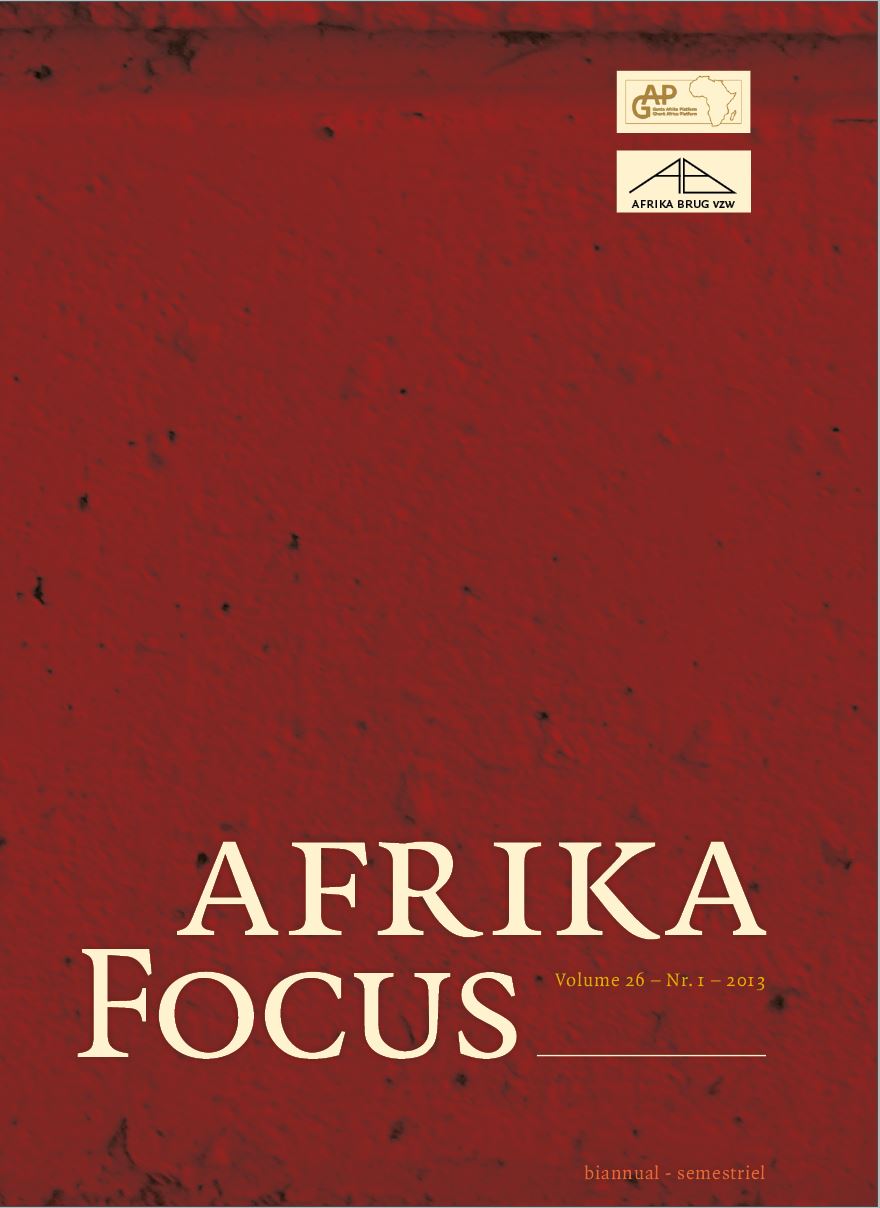The EU as an emerging coordinator in development cooperation: perspectives from sub-Saharan Africa
DOI:
https://doi.org/10.21825/af.v26i1.4926Abstract
This report presents the proceedings of the eld research conducted in the framework of a doctoral research on the European Union (EU) as an emerging coordinator in development cooperation. This research aims to seek in-depth and interpreted understanding of the paradox between the EU’s ambitions on the one hand and practice on the ground on the other by investigating the EU’s role in four sub-Saharan African countries (Tanzania, Zambia, Burkina Faso and Senegal). As such, it aims to add empirical evidence to the debate on the role of the EU as a development actor. More specifically, it investigates how the ambitions of the EU are translated at country level and in which situations the EU is more/less likely to act as a coordinator, making use of a pragmatist research approach. This approach is especially suited to problem-driven research that aims to understand a complex phenomenon. The article introduces the research question and the rationale, gives an overview of the research approach and the methodological considerations and ends with a summary of the research process and the preliminary findings of the eld research. Key words: EU development policy, aid effectiveness, coordination, pragmatism, interview researchDownloads
Published
How to Cite
Issue
Section
License
Authors who publish with this journal agree to the following terms
Authors retain copyright and grant the journal right of first publication with the work simultaneously licensed under a Creative Commons Attribution License that allows others to share the work with an acknowledgement of the work's authorship and initial publication in this journal.
Authors are able to enter into separate, additional contractual arrangements for the non-exclusive distribution of the journal's published version of the work (e.g., post it to an institutional repository or publish it in a book), with an acknowledgement of its initial publication in this journal.
Authors are permitted and encouraged to post their work online (e.g., in institutional repositories or on their website) prior to and during the submission process, as it can lead to productive exchanges, as well as earlier and greater citation of published work (See The Effect of Open Access).


